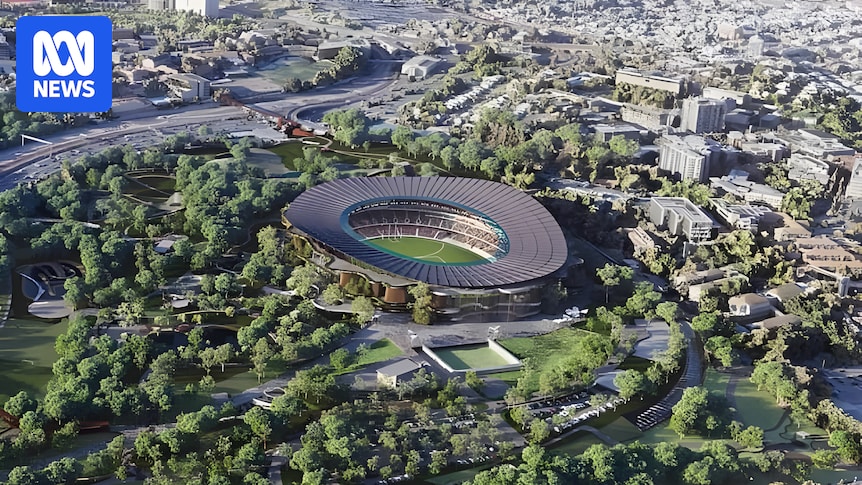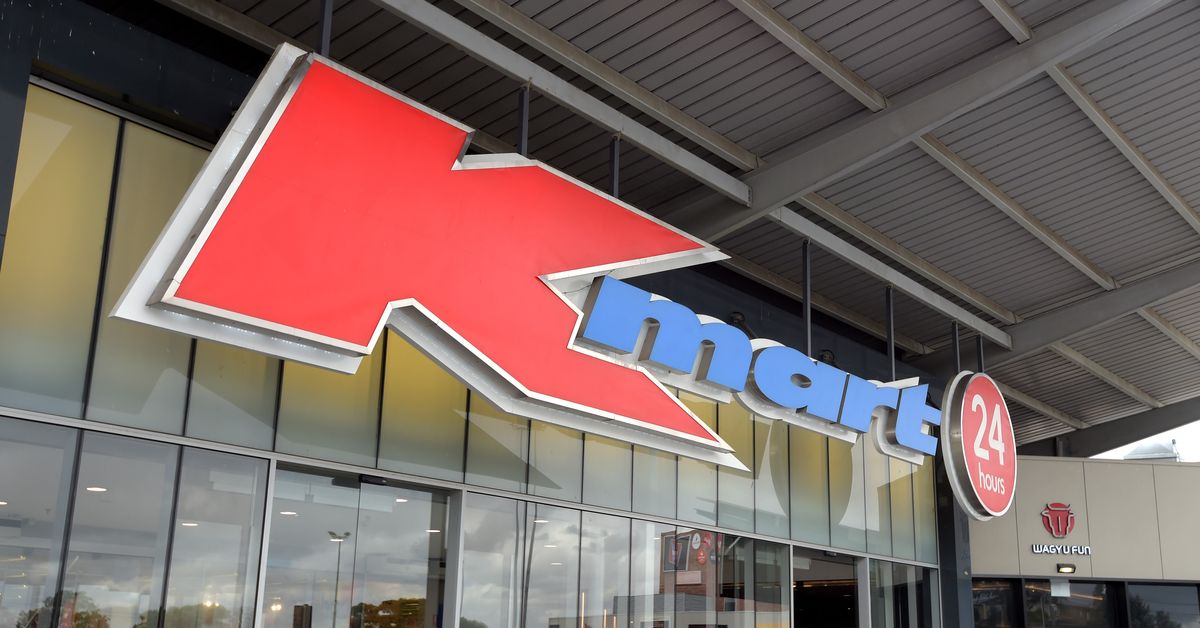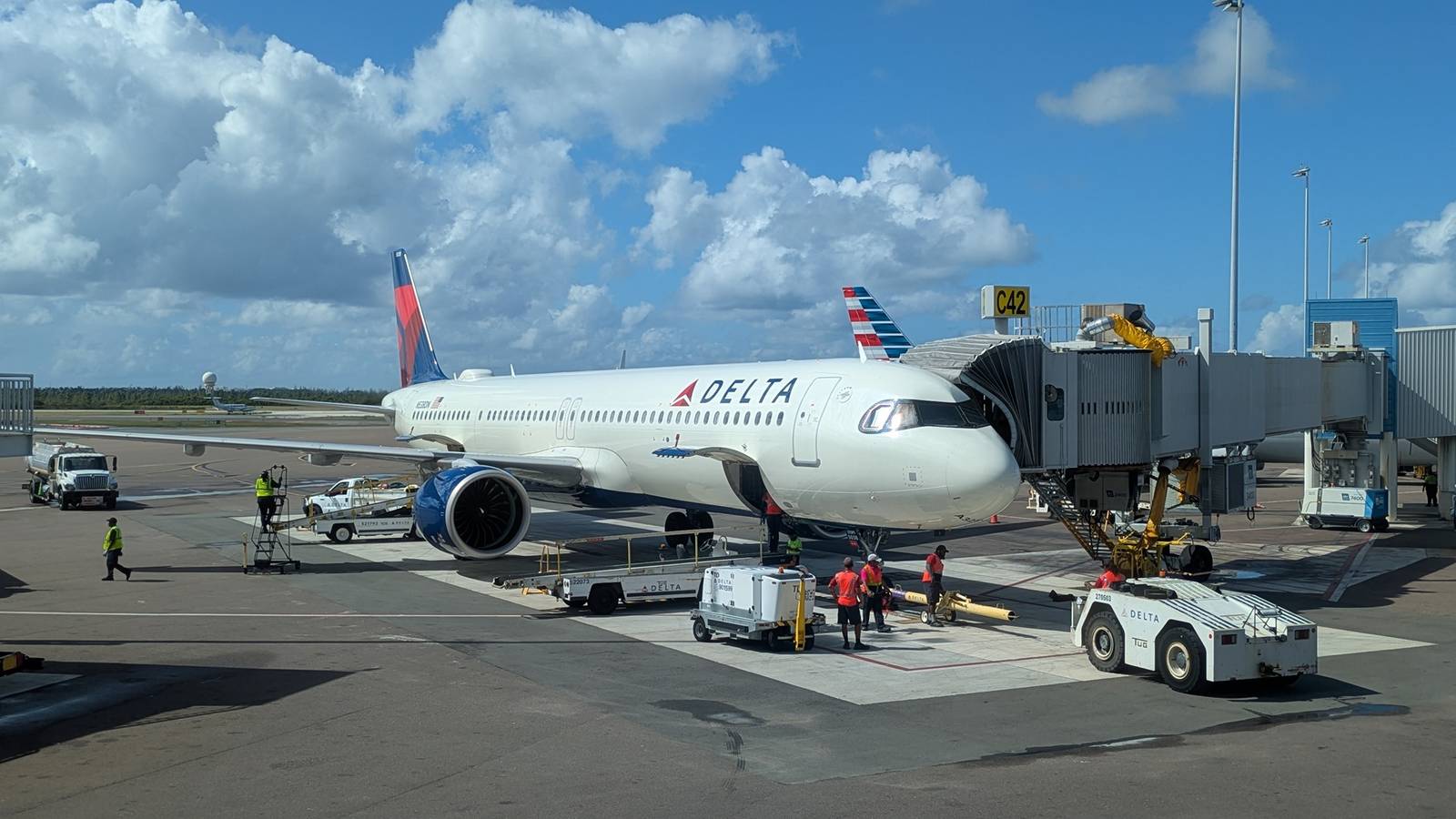
The potential economic impact of the Brisbane 2032 Olympic and Paralympic Games could reach a staggering $70 billion, according to a new report by Deloitte Access Economics. The analysis highlights the “catalytic effect” that hosting the event could have on Queensland and the broader Australian economy.
“This is not an assessment or impact analysis of Brisbane 2032, but rather a provocative thought starter for how economic reforms can lift our growth potential,” the report noted. “This study quantifies the economic opportunity that is ours to build over the 20 years from 2032-2052, if we so choose.”
Economic Growth and Regional Impact
The report estimates that over the two decades following the Games, south-east Queensland could experience growth of almost $40 billion. Additionally, regional Queensland and the rest of Australia could see a further $31 billion in positive economic impacts.
“This uplift will be felt first across the growing south-east Queensland mega region, which will benefit from new connectivity, a healthier and more active workforce, and greater access to international markets for tourism, exports, and foreign direct investment,” the report states.
Games Pose Potential for Queensland
Olympics Minister Tim Mander emphasized that while the report discusses “potential, rather than hard figures,” the opportunities are “undeniable.”
“There is no doubt that it’s going to be an enormous, enormous economic stimulus to our state and unbelievable opportunities for local businesses and Australian businesses,” Mander said.
The report’s framework is built on three pillars: people, places, and perception. It suggests that reforms to drive a “sustained uplift in physical activity” could generate more than $500 million in economic activity through healthcare cost savings.
Infrastructure and Connectivity
Queensland Premier David Crisafulli recently unveiled plans for Brisbane’s Olympic stadium, selecting Victoria Park as a “clear” choice despite previous promises not to build a new stadium before the 2024 state election. The infrastructure required for the Games, which aligns with the needs of Queensland’s growing population, is expected to create a more connected transport network and generate an estimated $53 billion in additional economic activity.
“This means someone in the Sunshine Coast can work in Brisbane, business across the state can access an integrated south-east market, and a global visitor can access the region for work, play, and future investment,” the report notes.
Expanding Tourism Opportunities
The report also highlights the potential for tourism expansion, drawing comparisons to the 2024 Paris Olympics, which garnered “412 billion engagements” on social media. It estimates a $24 billion opportunity with the global spotlight on Queensland in 2032.
“A great event tells the world what we can do, and our marketing strategy should invite people to share in it,” the report said. “Before, during, and after Brisbane 2032, heightened attention should crowd-in tourists, creating opportunities for locals to provide Queensland experiences to the world.”
Expert Opinions and Long-term Benefits
Australian Olympic Committee (AOC) chief executive Mark Arbib expressed enthusiasm about the report’s findings, which he described as “music” to the ears of the AOC.
“It’s music to our ears to hear the economic benefits of volunteering, to hear the economic benefits from sport, that you can see across an economy and across a society when you can lift participation rates, lift volunteering rates, lift health outcomes,” Arbib said.
AOC president Ian Chesterman acknowledged the challenges involved in preparing for the Games, but highlighted the significant progress made.
“The narrative has now changed from blaming the Olympics to understanding that the infrastructure that’s being built is actually something the city and the region needs,” Chesterman remarked. “People are going to come out and just go, ‘wow this is incredible’.”
In 2021, a KPMG report estimated the quantifiable economic and social benefits of the Games to be $8.1 billion for Queensland and $17.1 billion for Australia, underscoring the transformative potential of the Brisbane 2032 Olympics.







